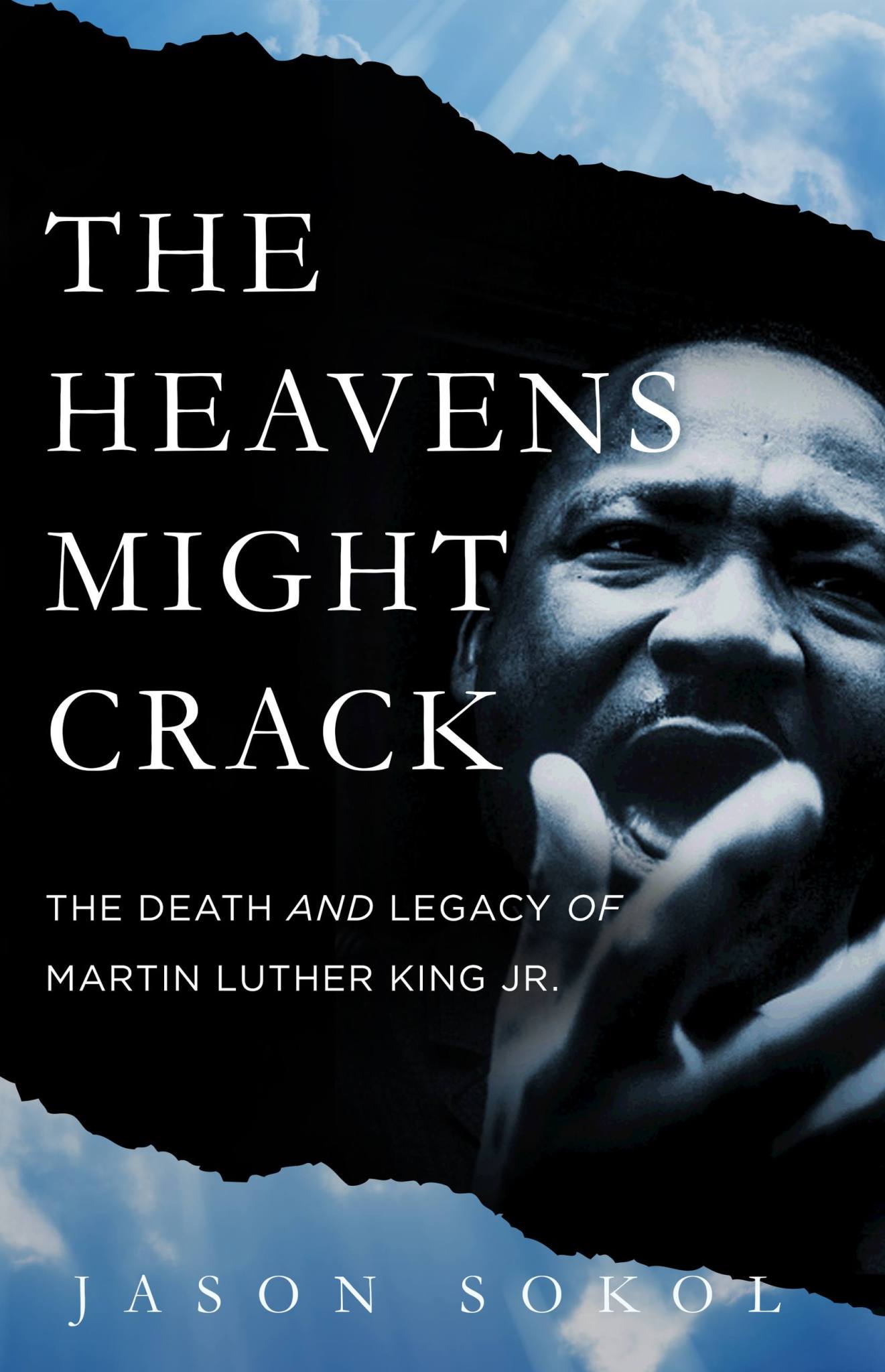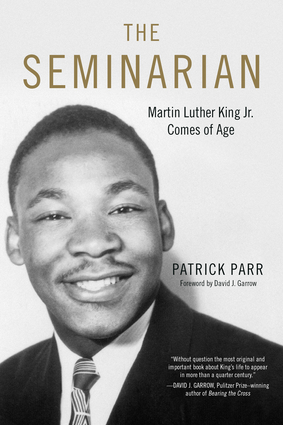It might be hard for younger generations of Americans in 2018, fifty years after King’s assassination, to fathom just how controversial a figure he was during his career, and particularly around the time of his death. That is because King’s image has undergone a remarkable transformation in these five decades. He and the movement he helped to lead have been absorbed into a triumphant story of American exceptionalism, in which the actions of individual people matter less than the dynamism of the supposedly inexorable wave of human progress that swept the country forward from the Declaration of Independence to the civil rights movement. The strength of the opposition to civil rights for blacks, the antagonizing and discomfiting words King used, and the aggressively disruptive tactics he and his supporters employed have been pushed into the background.
King now fits so comfortably into the present-day popular understanding of American history that one might think that nearly all Americans had supported him enthusiastically from the very start, and that his murder was a tragic event unmoored from any wider opposition to his activities. His birthday is a national holiday. There are streets named for him in cities and towns throughout the nation. He has a monument in the nation’s capital. Figures like King, Harriet Tubman, and Rosa Parks have now become “safe” in ways they never were when they were operating at the height of their powers. Stripped of their radicalism, they are welcomed as sources of inspiration in the curricula of almost every elementary school in the country.
King especially has become useful to both liberals and conservatives, who use language from his speeches and writings to support their irreconcilable views about the best direction the country should take on matters of race. Conservatives have exploited his call for judging people by the “content of their character,” rather than the “color of their skin,” to fight affirmative action, while liberals insist that King was speaking of a world to come that could only be brought into existence through the use of race-conscious measures for as long as they were needed. This seemingly universal desire to accept King has come at a cost. Making him all things to everyone fogs the clarity of his moral vision and severely undervalues the contributions he made to this country.





